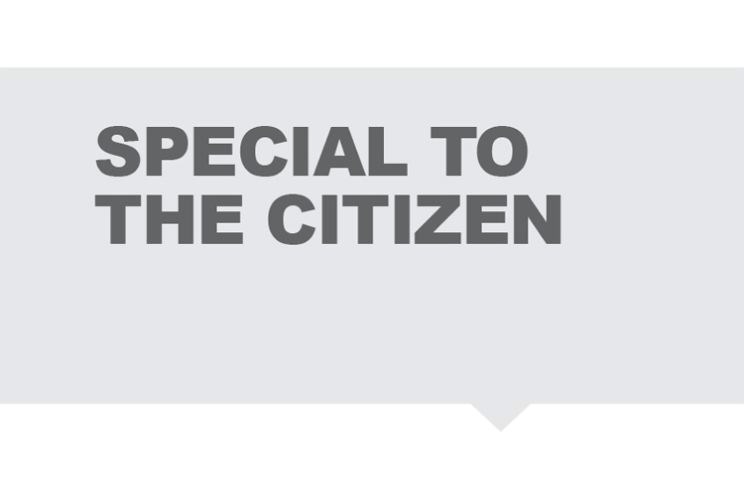As forest industry leaders meet in Vancouver this coming week for the annual conference of the Council of Forest Industries, we have a great deal to be proud of.
B.C.'s forest sector has accomplished much over the past decades, from pioneering world-leading sustainable forestry practices to building innovative partnerships with Indigenous communities.
Our sector respects the rights of Indigenous peoples, including self-determination. We understand the diversity of each community's interests, and their unique relationships with their traditional territories. Sustainable Forest Initiative (SFI) certificate holders are leaders in building respectful relationships with Indigenous communities, co-developing local solutions that address communities' current needs and providing tools to pursue and achieve their own aspirations in future.
It's core to our mission that the SFI forest certification standard emphasizes respect for the rights and traditional knowledge of Indigenous communities, alongside other important future-focused values such as water quality, biodiversity and habitat protection.
These standards are even more powerful because they were developed in collaboration with Indigenous communities, including nearly 40 that have successfully certified to the SFI standard on over four million hectares of land across North America.
Yet, until recently, small Indigenous communities faced barriers to affording the expertise to certify Indigenous community-managed forestlands. That's why SFI developed our small-scale module for Indigenous peoples, families and communities. This approach allows Indigenous communities to combine resources, thereby increasing access to forest certification. Recently piloted in B.C. by an innovative partnership involving K'omoks and Qualicum First Nations and TimberWest, the module's success paves the way for First Nations with smaller tenures across BC to access the benefits of forest certification.
With more than a hundred B.C. First Nations directly involved in forestry, SFI has removed a key barrier to entry and made certification workable for Indigenous Peoples.
As more Indigenous communities participate within the forest sector, the sector itself is enriched with new perspectives. Indigenous peoples view forests holistically, beyond simply a place to earn a living; they're classrooms, grocery stores, pharmacies, places of healing and many other things. Through countless generations of relationship with forests, Indigenous peoples have come to possess unique and valuable place-based knowledge that has stood the test of time.
We're convinced Indigenous communities will continue to play a leading role in B.C.'s sustainable forestry sector. It's why we're making direct investments in diverse areas such as conservation, education and community engagement.
Since 2010, SFI and its partners have awarded conservation and community partnership grants to Indigenous community-focused projects totaling more than $2 million. These grants have supported youth and elder knowledge exchanges, culturally-significant species research, understanding the unique needs of Indigenous learners, and other Indigenous community-led initiatives.
Through our Project Learning Tree Canada initiative, we've supported the creation of outdoor green jobs for Indigenous students across Canada, including within Indigenous communities and community-owned businesses.
Last year, SFI helped place nearly 100 Indigenous students through PLT Canada's Green Jobs in Green Spaces program. In 2019, that will grow to over 200, thanks in large part to a partnership between SFI and the Outland Youth Employment Program.
By building on our successes, B.C.'s sustainable forestry sector is well-positioned to unleash the power of partnerships with Indigenous peoples - built on respect, reciprocity and a shared desire to grow a brighter future for all.
- Kathy Abusow is president and CEO of SFI Inc., and Paul Robitaille is the manager, Indigenous and youth relations



